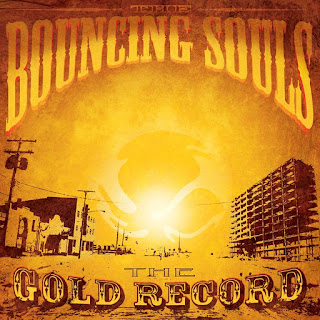Still Tuff Enuff
The legendary Thunderbirds remain
Fabulous after all these years
Fabulous after all these years
Looking back on a career that spans 25 years, Kim Wilson couldn’t be happier with the view. As a co-founder of the seminal American blues outfit, The Fabulous Thunderbirds, the renowned singer and harmonica player has rubbed elbows with the elite of R&B, headlining music festivals around the world. It has been a long road from TFTB’s early days as the house band at a bar in Austin, TX, to opening for the likes of Eric Clapton and the Rolling Stones. Seeking out like-minded musicians with superior technical skills and a penchant for working the pocket, Wilson has successfully reconstructed the electro-blues juggernaut with Mike Keller stepping into the guitarist position formerly held by Jimmie Vaughn and Duke Robillard, Randy Bermudes on bass, and family-act Johnny and Jay Moeller sitting in on guitar and drums, respectively.
“I love this band,” reports an enthusiastic Wilson. “Things are running so smoothly and every single one of the guys is on such an even keel that we are able to improvise everything we do on stage, right down to the set list. We’ve struggled with that balance in the past. It’s a fine line. You don’t want to kill yourself, but you’ve got to have the desire to do it. When we were kids we were anaesthetized and didn’t feel it as much, but you don’t get to see much of the cities you’re touring when your head is stuck in the toilet. I was a wild man back then, now my head’s clearer and I can accomplish a lot more. There’s no limit to our creativity.”
Describing their fabulous sound as an “American hybrid,” the Thunderbirds get their biggest kicks out of bringing their bombastic blues-on-fire antics to audiences in a live concert atmosphere. Pulling out all the stops when he hits the stage, Wilson’s powerhouse performances bring crowds to their feet, with his soulful vocals and harmonica chops that summon the strength of a full-blown horn section. While he has cut back on his 250-gig-a-year schedule, Wilson is always open to new artistic ventures, finding that his talents as a lifelong bluesman are still very much in demand.
“I’ve been so fortunate to get to do a lot of these things,” he says. “Over the years I’ve played on more than 200 CDs. I find it very gratifying to be able to bring friends into the studio who are little-known but possess immense talent. Some of them are the last of their kind. There are really only a handful of true blues musicians left in the world today, so if you hear someone playing harmonica in the background on some record, check the liner notes — it’s probably me.”
- The Fabulous Thunderbirds join Woodstock rockers Canned Heat, blues-rock institution Savoy Brown and more at the Calgary International Blues Festival, August 7 to 10.
by Christine Leonard
Orignally published August 7, 2008 in FastForward Magazine.
















